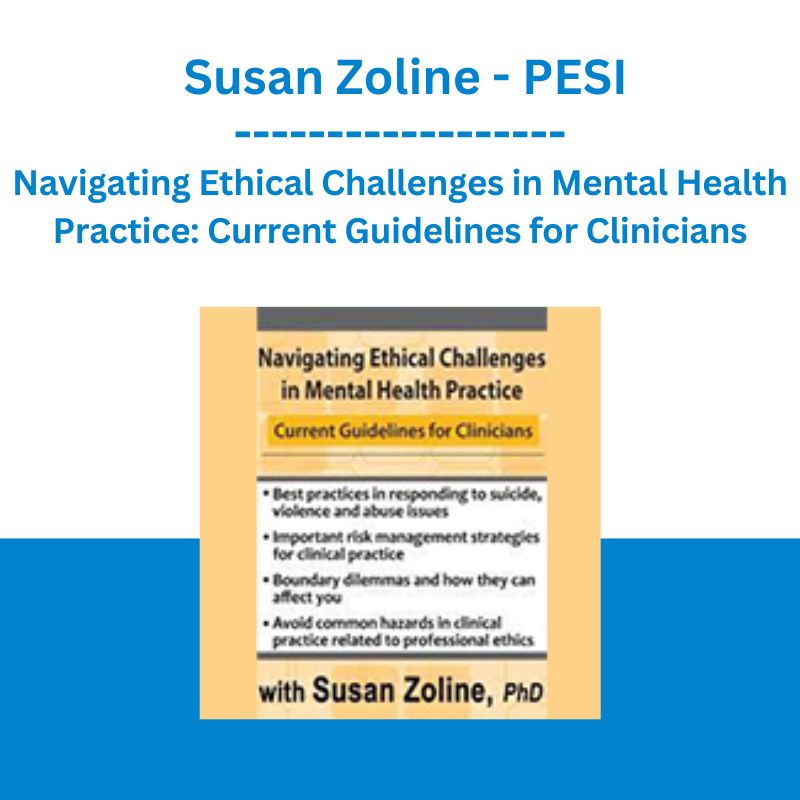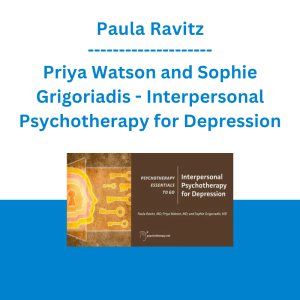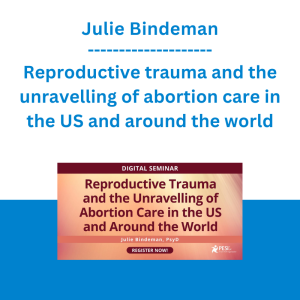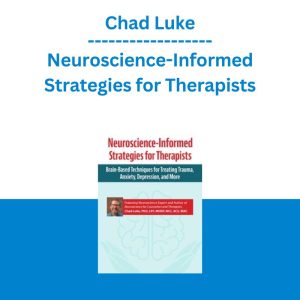*** Proof of Product ***
Exploring the Essential Features of “Navigating Ethical Challenges in Mental Health Practice: Current Guidelines for Clinicians – Susan Zoline – PESI”
The field of ethics is constantly changing, requiring you to continually update your knowledge and skills in this area. Dr. Susan Zoline will provide you with an overview of contemporary clinical, ethical, and legal dilemmas faced by mental health professionals. You will be provided clear strategies for approaching and resolving ethical dilemmas with particular attention to boundary issues, high risk situations (suicide, violence, and abuse) and risk management. Case examples will be examined and group discussion will be integrated into the presentation to illustrate the grey areas surrounding these complex issues.
Dr. Zoline brings a wealth of knowledge and experience to this program, having taught graduate level ethics courses for 25 years and serving as the co-chair of her state psychological association ethics committee, which she has been a member of for many years. She brings enthusiasm and clarity to a topic which is often considered dry and anxiety provoking.
Speaker
Susan Zoline, Ph.D.
Associate Professor
Argosy University-Chicago
Susan Zoline, Ph.D., is a Licensed Clinical Psychologist who has been practicing, teaching and consulting in the Chicago area for over 35 years. Dr. Zoline was Professor of Psychology and University Fellow at the Illinois School of Professional Psychology at Argosy University, Chicago, where she taught clinical masters and doctoral students for 30 years and received numerous teaching/service awards. More recently Dr. Zoline is a Clinical Faculty in the Doctor of Psychology (PsyD) program at Adler University in Chicago. Dr. Zoline’s areas of professional expertise include professional ethics, suicide, violence and abuse prevention/assessment/intervention, supervision and risk management.
Dr. Zoline is a longstanding member of the Illinois Psychological Association Ethics Committee which she currently co-chairs as well as currently serving as Academic Section Chair. Additionally, she has served as an expert witness for the IL Department of Financial and Professional Regulation regarding clinical psychologist licensure issues. She has worked clinically in a broad variety of settings and regularly consults and provides workshops to mental health and other professionals on topics related to professional ethics.
Speaker Disclosures:
Financial: Dr. Susan Zoline has an employment relationship with Adler University, and she receives speaking fees from Alexian Brothers Health and the Bradley Counseling Center. She is a consultant in private practice and receives compensation. Dr. Zoline receives a speaking honorarium, consultant fee, and recording royalties from PESI, Inc. She has no relevant financial relationships with ineligible organizations. Non-financial: Dr. Susan Zoline is a member of the American Psychological Association and the Illinois Psychological Association.
Target Audience
- Counselors
- Social Workers
- Psychologists
- Case Managers
- Addiction Counselors
- Therapists
- Marriage & Family Therapists
- Nurses
- Other Mental Health Professionals
Objectives
- Articulate distinct clinical, ethical and legal responsibilities and duties in mental health clinical practice.
- Implement clear strategies for approaching and responding to ethical dilemmas using a step-by-step decision making model.
- Establish current best practice knowledge and guidelines for assessing and responding to clients who present with risk of suicide, violence and/or possible abuse or neglect.
- Incorporate important confidentiality, informed consent and risk management safeguards/procedures into one’s clinical practice.
- Communicate common boundary dilemmas which emerge in clinical practice with recommendations to maintain healthy professional boundaries.
- Designate multicultural diversity factors which may impact ethical decision making.
- Determine common pitfalls in clinical practice which could cause ethical or legal liability.
Outline
Common Ethical Dilemmas in Clinical Practice
- Separation of personal values from professional judgments
- Contextual and cultural factors in ethical decision making
- Overlapping or multiple relationships
- Boundary crossings or violations within counseling relationships
- Billing, fees and gifts
- Emergent issues involving technology in clinical practice
Confidentiality: Its Central Importance in Therapeutic Relationships
- Confidentiality, privacy and privilege: How do they differ?
- Special considerations with children, teens and adults
- Groups, crisis, couples or family therapy
- Exceptions: Therapists’ duties and responsibilities
- Informed consent
- Responding to subpoenas and court orders
Boundaries: The Cornerstone of Ethical Practice
- Clarify and articulate one’s personal and professional boundaries
- Cultural components of boundary definitions
- Boundary crossings vs. boundary violations
- Decision-making regarding boundary shifts
Suicide and Violence Assessment: Current Best Practices
- Recognition of risk factors and warning signs
- Thorough assessment and intervention guidelines
- Current best practices for management of high risk situations
- Ethical and legal responsibilities to warn and/or protect
Mandated Reporting of Abuse or Neglect: Important Considerations
- Children, disabled adults, domestic partner, elderly
- Detection and assessment guidelines
- Cultural factors in assessment of abuse
- Mandated reporting requirements
- Gray area issues in abuse reporting
Risk Management: Preventing Strategies to Minimize Risk and Promote Client Well Being in Your Practice
- High-risk patient or situation
- Current ethical guidelines and legal requirements
- Adherence to practicing within the limits of one’s competence
- Careful attention to beginning and ending professional relationships
- Documentation and consultation
- Recognition of conflicts of interest or situations which are personally activating
- Maintain clear boundaries and appropriate self-care
Navigating Ethical Challenges in Mental Health Practice
- Current guidelines for clinicians
- Best practices in responding to suicide, violence and abuse issues
- Important risk management strategies for clinical practice
- Boundary dilemmas and how they can affect you
- Avoid common hazards in clinical practice related to professional ethics
Please see the full list of alternative group-buy courses available here: https://lunacourse.com/shop/










 Matan Feldman - The 13-Week Cash Flow Modeling - Wall Street Prep
Matan Feldman - The 13-Week Cash Flow Modeling - Wall Street Prep  Dandrew - Hard Money Secrets
Dandrew - Hard Money Secrets  Crypto Dan - The Crypto Investing Blueprint To Financial Freedom By 2025
Crypto Dan - The Crypto Investing Blueprint To Financial Freedom By 2025  Forexmentor - Recurring Forex Patterns
Forexmentor - Recurring Forex Patterns  George Fontanills & Tom Gentile - Optionetics Wealth Without Worry Course
George Fontanills & Tom Gentile - Optionetics Wealth Without Worry Course  Julie Stoian & Cathy Olson - Launch Gorgeous - Funnel Gorgeous Bundle
Julie Stoian & Cathy Olson - Launch Gorgeous - Funnel Gorgeous Bundle  Greg Loehr - Advanced Option Trading With Broken Wing Butterflies
Greg Loehr - Advanced Option Trading With Broken Wing Butterflies  Paula Ravitz, Priya Watson and Sophie Grigoriadis - Interpersonal Psychotherapy for Depression
Paula Ravitz, Priya Watson and Sophie Grigoriadis - Interpersonal Psychotherapy for Depression  Money Miracle - George Angell - Use Other Peoples Money To Make You Rich
Money Miracle - George Angell - Use Other Peoples Money To Make You Rich  Trade Like Mike - The TLM Playbook 2022
Trade Like Mike - The TLM Playbook 2022  Julie Bindeman - Reproductive trauma and the unravelling of abortion care in the US and around the world
Julie Bindeman - Reproductive trauma and the unravelling of abortion care in the US and around the world  Alphashark - The AlphaShark SV-Scalper
Alphashark - The AlphaShark SV-Scalper  Erik Banks - Alternative Risk Transfer
Erik Banks - Alternative Risk Transfer  Simpler Trading - Bruce Marshall - The Options Defense Course
Simpler Trading - Bruce Marshall - The Options Defense Course  Ruperto Charles Torres, Margarita Saez & Ana Charles - BT08 Short Course 16 - Exchanging Violence for Love: Hypno-Solutions in Brief Therapy
Ruperto Charles Torres, Margarita Saez & Ana Charles - BT08 Short Course 16 - Exchanging Violence for Love: Hypno-Solutions in Brief Therapy  Chris Capre - Advanced Price Action Ongoing Training & Webinars
Chris Capre - Advanced Price Action Ongoing Training & Webinars  Jesse Livermore Trading System - Joe Marwood
Jesse Livermore Trading System - Joe Marwood  M. Farouk Radwan - How to Make Someone Fall in Love with You (Based on the Psychology of Falling in Love)
M. Farouk Radwan - How to Make Someone Fall in Love with You (Based on the Psychology of Falling in Love)  Oliver Velez - Essential Strategy Of Trade For Life
Oliver Velez - Essential Strategy Of Trade For Life  Matthew Kratter - Trader University
Matthew Kratter - Trader University  SMB - Options Training
SMB - Options Training  The Handbook of Equity Style Management (3rd Ed) - Daniel Coggin & Frank Fabozzi
The Handbook of Equity Style Management (3rd Ed) - Daniel Coggin & Frank Fabozzi  Akil Stokes & Jason Graystone - TierOneTrading - Trading Edge 2019
Akil Stokes & Jason Graystone - TierOneTrading - Trading Edge 2019  The Daily Traders – Exclusive Trading Mentorship Group
The Daily Traders – Exclusive Trading Mentorship Group  Dandrew - Stabilized Financier™
Dandrew - Stabilized Financier™  Shamanic Wisdom for Fruitful Aging - Tom Pinkson
Shamanic Wisdom for Fruitful Aging - Tom Pinkson  Untangling Weight and Health: A Physician's Perspective - Lisa Erlanger
Untangling Weight and Health: A Physician's Perspective - Lisa Erlanger  Chad Luke - Neuroscience-Informed Strategies for Therapists
Chad Luke - Neuroscience-Informed Strategies for Therapists  JUSTIN ATLAN, ADAM HORWITZ - CLICKBANK UNIVERSITY 2.0
JUSTIN ATLAN, ADAM HORWITZ - CLICKBANK UNIVERSITY 2.0  Beyond BMI: Weight Inclusive Women's Healthcare - Lisa Erlanger
Beyond BMI: Weight Inclusive Women's Healthcare - Lisa Erlanger